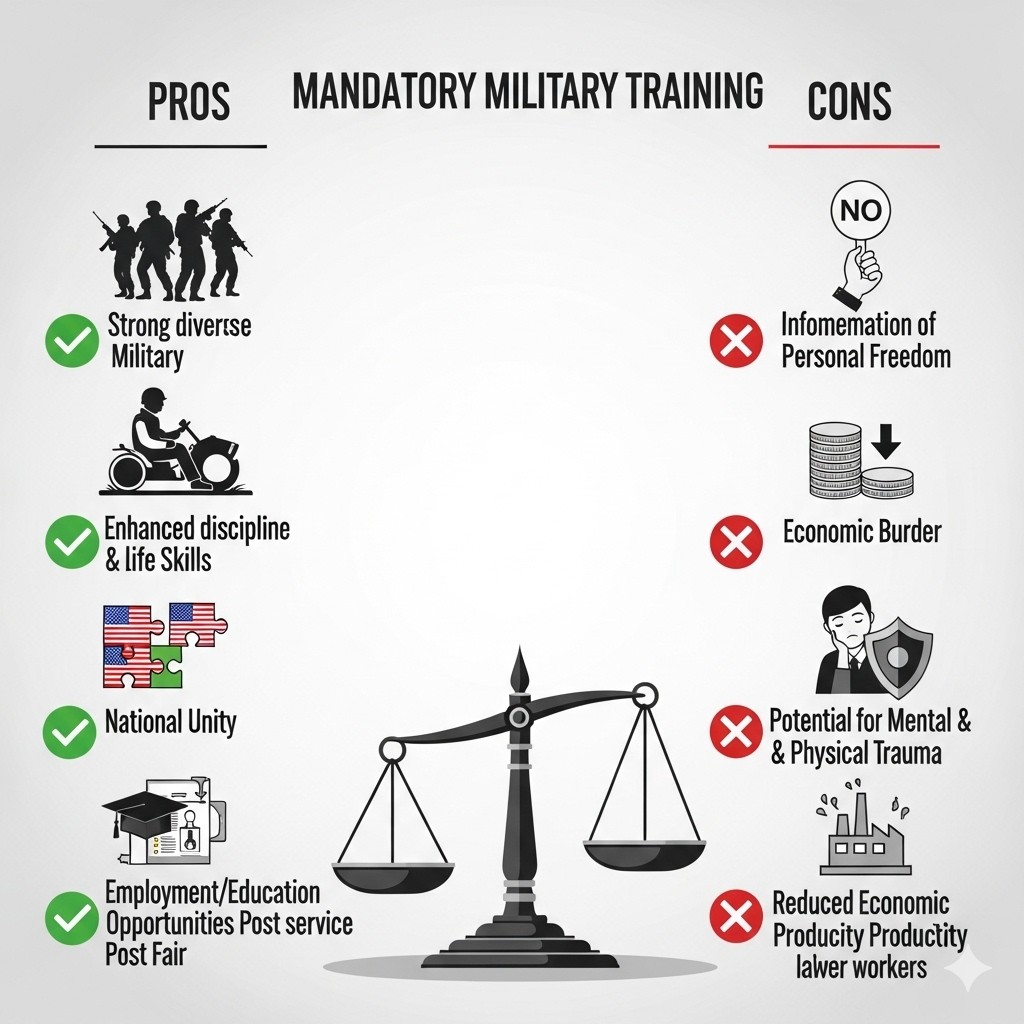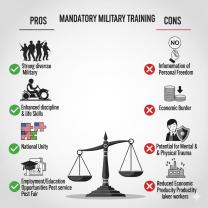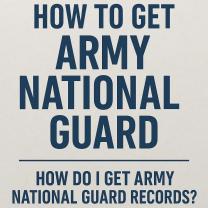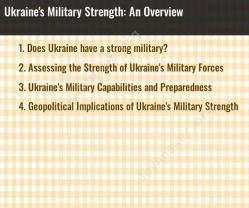Should military training be mandatory?
The idea of making military training mandatory is debated worldwide, with strong arguments on both sides. Here’s a clear breakdown:
✅ Pros of Mandatory Military Training
National Security & Preparedness
Ensures citizens are trained to defend the country in emergencies.
Builds a reserve force that can be mobilized quickly.
Discipline & Responsibility
Military training fosters discipline, time management, and accountability.
Encourages a sense of duty and resilience among young people.
Unity & Social Cohesion
Brings together individuals from different backgrounds, promoting teamwork and national identity.
Reduces social divides by exposing people to shared challenges.
Physical & Mental Fitness
Promotes healthier lifestyles and physical fitness.
Strengthens mental toughness and problem-solving skills.
Skill Development
Provides training in leadership, first aid, logistics, and technical fields.
Skills gained may be useful in civilian careers.
❌ Cons of Mandatory Military Training
Individual Freedom & Choice
Compulsory service limits personal freedom, especially for those opposed to military life.
Some may feel it interferes with career or education plans.
Economic Costs
Training and maintaining a large number of recruits is expensive.
Could disrupt the workforce and delay young adults entering careers.
Not Suited for Everyone
Military training can be physically and mentally demanding, posing risks for some individuals.
Forcing participation may lead to resentment or lower morale.
Questionable Effectiveness in Modern Warfare
Modern defense often relies more on technology and specialized forces than on mass manpower.
Resources might be better invested in professional soldiers and advanced equipment.
Potential Political or Ethical Concerns
Mandatory service may be seen as government overreach.
Raises issues for those with pacifist or religious objections.
⚖️ Conclusion
Mandatory military training has clear benefits in discipline, national security, and skill development, but it also raises concerns about freedom, costs, and practicality in today’s world.
👉 Some countries use a compromise system: short mandatory service with options for civilian service (e.g., healthcare, community work) for those who object to military duties.
🟢 Arguments FOR (Pro-Mandatory Training)
1. National Security & Preparedness
Ensures every citizen has basic defense training.
Creates a ready reserve force for emergencies.
2. Discipline & Character Building
Promotes responsibility, time management, and respect for authority.
Reduces crime by engaging young people in structured programs.
3. Unity & Social Cohesion
Brings together people from different races, classes, and backgrounds.
Builds teamwork and strengthens national identity.
4. Physical & Mental Fitness
Improves health and encourages active lifestyles.
Teaches resilience, problem-solving, and stress management.
5. Transferable Skills
Leadership, logistics, first aid, and technical skills useful in civilian life.
Improves employability and career readiness.
🔴 Arguments AGAINST (Anti-Mandatory Training)
1. Individual Freedom
Violates personal choice by forcing service.
Disrupts education, careers, and family plans.
2. Economic Burden
High government costs to train and equip large groups.
Reduces workforce productivity when young adults are pulled from jobs.
3. Not Suitable for Everyone
Physical/mental strain may harm those unfit for military life.
Can lead to resentment or disengagement.
4. Modern Warfare Realities
Technology and specialized forces matter more than mass troops.
Resources could be better spent on advanced defense systems.
5. Ethical & Political Issues
May conflict with pacifist or religious beliefs.
Could be abused by governments to push political agendas.
⚖️ Neutral / Middle Ground
Optional Service with Incentives: Voluntary training with benefits (tuition, job placement, tax breaks).
Civilian Service Alternatives: Community service, disaster response, healthcare support.
Hybrid Models: Short training period for all, longer service only for volunteers.
🗣️ Sample Debate Flow
Opening Statements: Each side presents 2–3 key points.
Rebuttals: Respond to the opponent’s strongest claims.
Cross-Examination: Ask direct questions (e.g., “How does forcing service respect personal freedom?”).
Closing Statements: Summarize the most persuasive arguments.
There is no universal consensus on whether military training should be mandatory for all citizens. The debate involves balancing individual rights and freedoms against national security and civic duty. While mandatory service can promote national unity and instill discipline, opponents argue it's a violation of personal liberty and can be economically burdensome.
What are the benefits of mandatory military training?
Proponents of mandatory military training argue it offers a number of societal and personal benefits:
National Unity: Conscription can bring together young people from diverse socioeconomic backgrounds, fostering a shared sense of national identity and purpose.
Discipline and Life Skills: Military service instills discipline, responsibility, and teamwork. It teaches valuable skills like leadership, problem-solving, and resilience, which are transferable to civilian life.
National Security: A large, trained reserve force can be mobilized quickly during a national crisis or war, strengthening a country's defense capabilities.
What are the potential drawbacks of mandatory service?
Opponents of mandatory military service raise several concerns:
Infringement on Personal Freedom: A key argument against conscription is that it violates an individual's right to choose their own life path and career.
Economic Burden: Mandatory service can be costly for both the government and the individuals involved. It can disrupt education and career development, potentially leading to lower lifetime earnings for those who serve.
Inefficiency: A conscripted force may be less motivated and less skilled than a professional, all-volunteer force. It can be a drain on military resources to train and manage a constant influx of short-term recruits.
How do other countries implement military training programs?
Many countries around the world have some form of mandatory military service, though the specifics vary widely. For example, Israel has a long-standing conscription policy for both men and women, with service lasting several years. Switzerland requires all able-bodied men to complete military or civilian service, followed by periodic refresher courses. Other countries, like South Korea and Singapore, use mandatory service to maintain a large reserve force due to geopolitical tensions. Some countries offer alternative forms of service, such as working in healthcare or education, for those with moral or religious objections to military service.
What age groups would be affected by mandatory training?
Mandatory military training typically affects young adults. The most common age range for conscription is between 18 and 22, as seen in many countries. This is often the time when young people are finishing high school or beginning higher education or their careers. The duration of service also varies significantly, ranging from a few months to several years.












